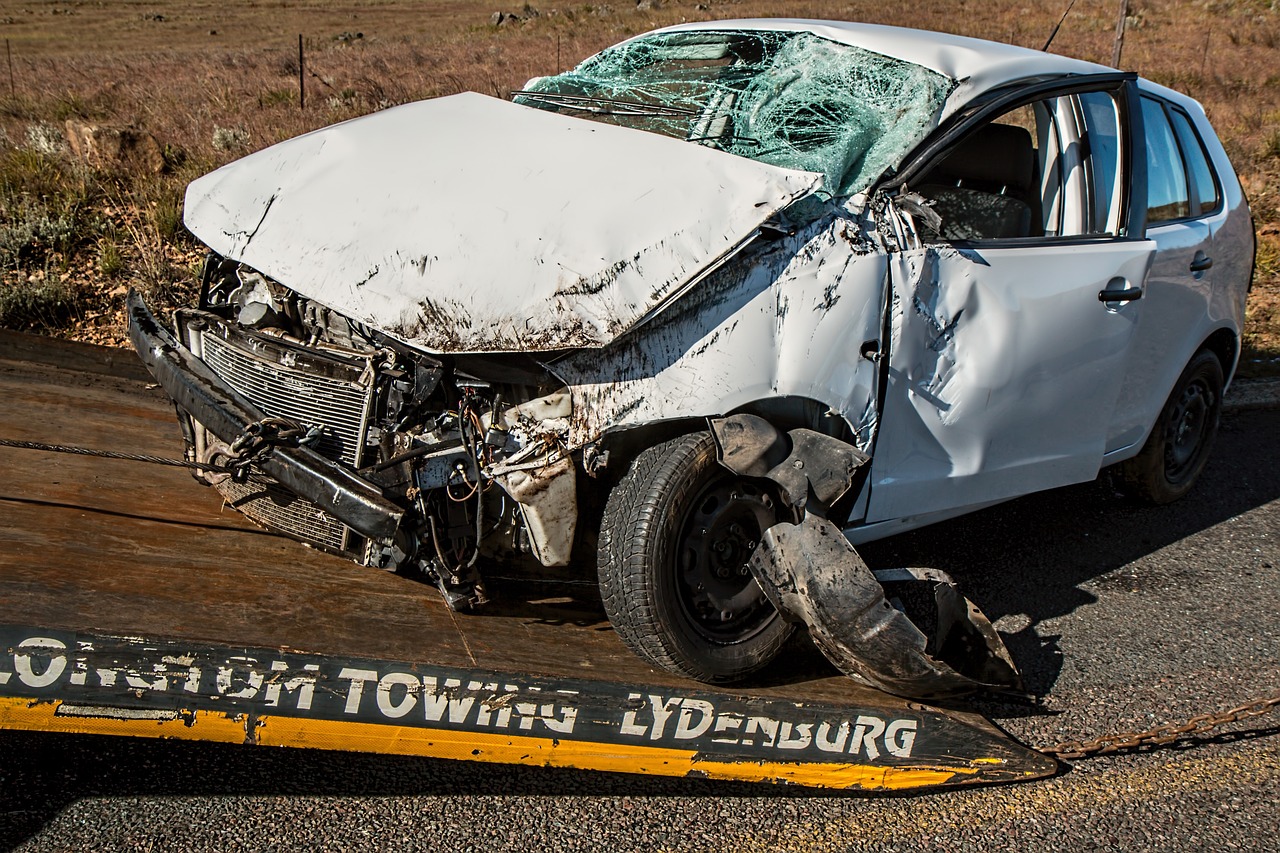Dealing with an Insurance Adjuster is Worse Than Car Accidents. Here’s Why

Photo Credit: imagesource.io
Dealing with an insurance adjuster is a common part of the car accident injury claim process. Unfortunately, many may find that dealing with an insurance adjuster can be even worse than the car accident itself. Insurance companies are known for their tactics of denying or reducing claims to maximize their profits.
This can make compensation for your injuries and damages an uphill battle. Today, we will discuss why dealing with an insurance adjuster is worse than car accidents and provide tips on navigating this difficult situation. Remember, if you are injured in a car accident, do not hesitate to hire a car accident lawyer.
The Tactics Used by Insurance Adjusters
Insurance companies have a team of adjusters responsible for protecting their bottom lines. They are well-trained in finding ways to deny or reduce claims, regardless of whether injuries and damages are clearly evident. This can include tactics such as:
- Delaying or Denying Claims: In an effort to get you to give up and stop pursuing compensation, insurance adjusters may attempt to postpone or reject your claim. This can be upsetting and stressful, particularly when you must cope with missing pay and medical expenses.
- Lowball Settlement Offers: Insurance adjusters may make a low settlement offer that falls short of compensating you for your losses in an attempt to reduce the amount the business must pay. They may also try to pressure you into accepting this offer by claiming it is the best they can do.
- Questioning Your Injuries: Insurance adjusters may also try to downplay or question the severity of your injuries. They may use tactics such as requesting unnecessary medical exams or claiming specific injuries are not related to the accident. In particular, this can be extremely frustrating if one is dealing with severe injuries and pain.
- Disputing Liability: In some cases, insurance adjusters attempt to blame you or claim that their policyholder is not at fault for the accident. This can delay the claims process and make it more difficult to receive compensation.
These tactics can be incredibly frustrating and make recovering from a car accident even more challenging. However, it is important to remember that you have the right to reject any settlement offer and negotiate for a fair amount.
Tips for Dealing with Insurance Adjusters

Photo Credit: Pixabay
If you are injured in a car accident and have to deal with an insurance adjuster, here are some tips to help navigate this difficult situation:
- Gather Evidence: It is essential to gather as much evidence as possible to support your claim. Witness accounts, medical data, and pictures from the accident scene can all be included in this.
- Keep Detailed Records: All correspondence with the insurance adjuster—phone conversations, emails, and letters—should be meticulously documented. This can help you track any discrepancies or false statements made by the adjuster.
- Do Not Accept the First Offer: As mentioned earlier, insurance adjusters may pressure you into accepting a lowball settlement offer. Do not be afraid to reject this offer and negotiate for a fair amount that fully covers your damages.
- Consider Hiring an Attorney: Dealing with an insurance adjuster can be overwhelming, especially if you also have injuries and other accident consequences. To get your claim handled on your behalf, consider working with a personal injury lawyer who has dealt with insurance companies before.
Wrap Up!
It can be even more difficult to deal with an insurance adjuster following an automobile accident than the actual collision. Insurance companies are notorious for downplaying or rejecting claims to preserve their profits. Being aware of these strategies and taking the appropriate action to safeguard your rights as a victim is crucial.
If you are injured in an automobile accident, remember to preserve thorough documentation, obtain proof, and decline the initial settlement offer. To help you navigate the tricky process of dealing with insurance adjusters, consider hiring an experienced personal injury lawyer.
Leave a Reply